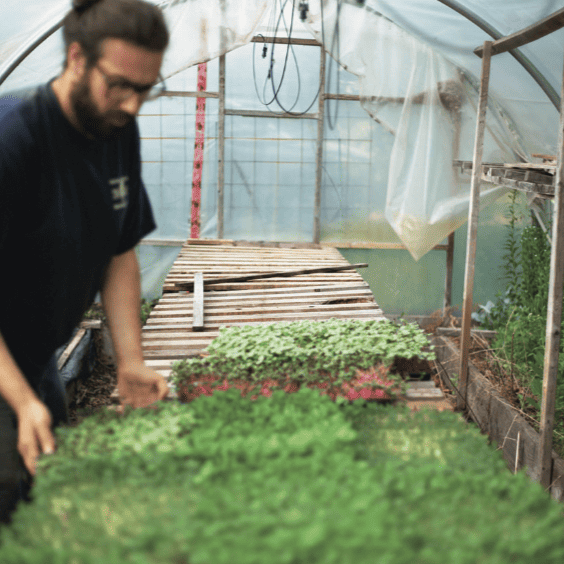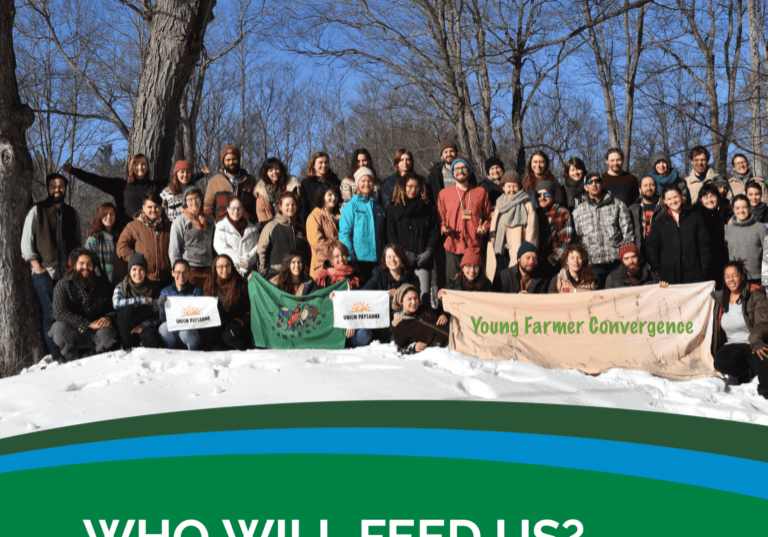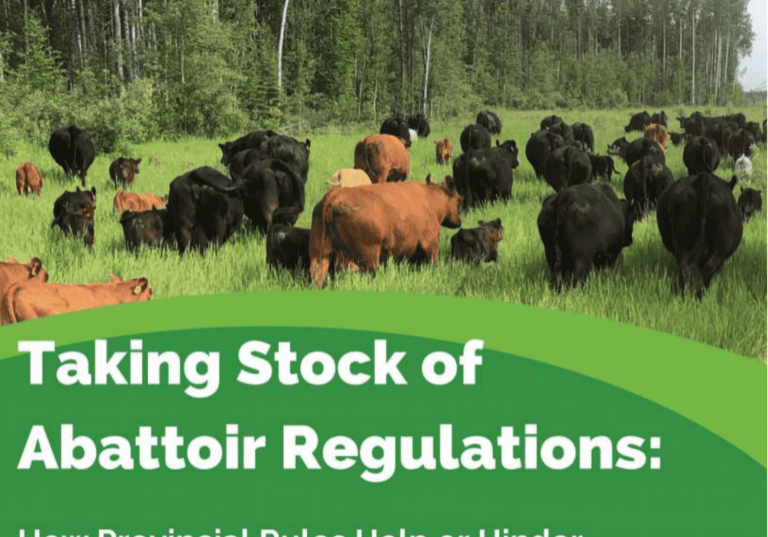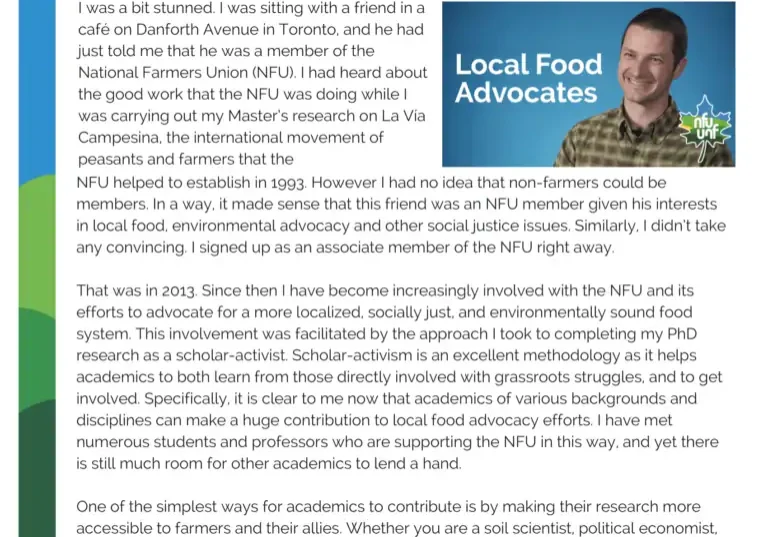Food sovereignty is about empowering people.
Sovereignty is a big word with a simple meaning. When we talk about food sovereignty, we’re talking about who has the power and authority to make decisions about how and what a community grows.

Healthy food, sustainable methods, democratic control.
Food policies continue to consolidate power in the hands of a few. Corporatized agriculture is silencing farmers who have the knowledge and expertise to inform our agricultural systems, help mitigate climate change, and ensure the long-term protection of our land, waters, seeds, livestock, and natural biodiversity. Food sovereignty means that instead of allowing corporate interests to dictate our food and land policies we listen to the knowledge, expertise, and needs of farmers, Indigenous peoples, and their local communities.
In a world of mega corporations and monopolies, food & seed sovereignty empower farmers to call the shots, while preserving traditions, practising sustainability, and reclaiming control over their livelihoods and food systems.
Food sovereignty…
- Focuses on food for people
- Values food providers
- Localizes food systems
- Establishes control locally
- Builds knowledge and skills
- Works with nature
Seed sovereignty is just as important! Seed sovereignty is often seen as counter-movements to the dominance of large agribusiness corporations that promote uniform, patented seeds and chemical-intensive agricultural practices.
By embracing food and seed sovereignty, farmers can resist corporate control and advocate for more sustainable and equitable agricultural systems.
A growing food sovereignty movement.
The NFU-O’s work is guided by the principles of food sovereignty that empower all farmers to reclaim their agency, preserve biodiversity, adapt to climate change, honour their cultural heritage, and build more resilient and sustainable food systems. By advocating these principles, farmers can create a more just and equitable world, where the control and benefits of agriculture are shared among the people who produce and consume food.
Black, Indigenous and People of Colour (BIPOC) communities have endured historical injustices that have limited their control over land and traditional food sources, and these structural disparities persist today. The NFU-O is dedicated to learning about & supporting autonomous BIPOC efforts to assert food sovereignty, correcting these disparities within our food system.
We advocate the inherent rights of farmers and Indigenous peoples to save, reuse, select, exchange, and sell seeds, and have called on the federal government to adopt a truly farmer-friendly seed law that balances the interests of the public, farmers, and plant breeders.


